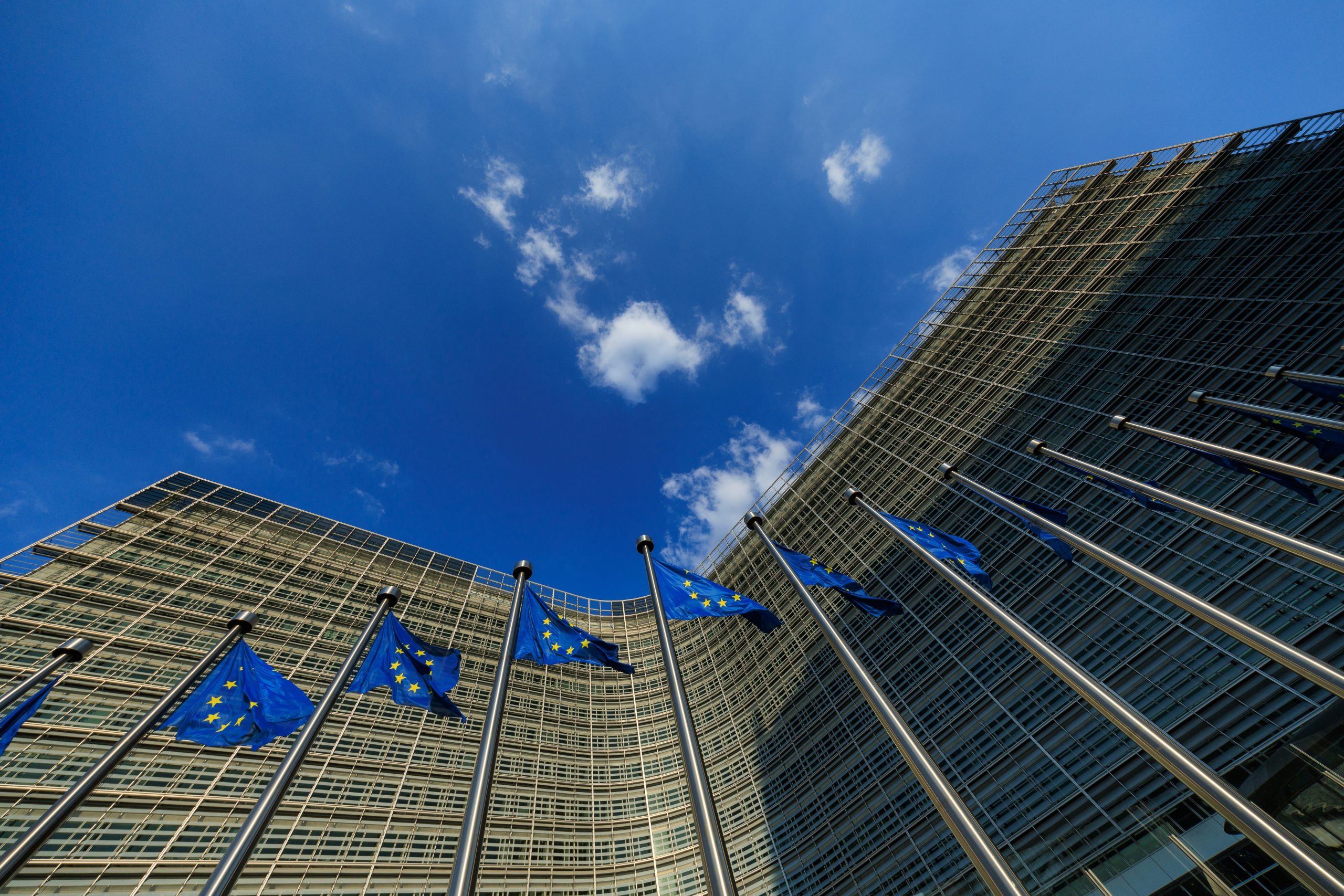
In our 14 November 2024 publication we reported on the European Commission’s significant decision regarding the abuse of a dominant position by Teva Pharmaceutical Industries Ltd. Central to the case was the alleged misuse of patent procedures, resulting in a hefty fine of €462.6 million.
On 20 January 2025, the Commission published documents relating to the decision. These include the Final Report of the Hearing Officer and a Summary of Commission Decision.
Anyone expecting a “warts and all” exposé of the facts leading to the decision will be sorely disappointed. The Summary of Commission Decision provides little more than the October 2024 press release, while the Final Report of the Hearing Officer deals almost exclusively (and in excruciating detail) with Teva’s complaints regarding a multitude of alleged procedural errors committed by the Commission in its handling of the case.
As such, the decision sheds minimal light on Teva’s actual conduct, or the specific evidence that led to the Commission’s decision.
Clarifying the two abuses
Notwithstanding this, one question that has received some clarification is to what extent the two strands of the Commission’s rationale were linked. Readers may recall that the allegation was that Teva had committed two separate abuses:
- a misuse of divisional patents; and
- disparagement of competitor products.
The October 2024 press release concluded that:
“… Teva’s abuses were complementary and together amounted to a single and continuous infringement of Article 102 of the Treaty on the Functioning of the European Union (‘TFEU’), which prohibits the abuse of a dominant position. This is the first time the Commission imposes a fine in relation to these two types of practices.” (emphasis added)
At that time, it was unclear whether the two abuses were separable, i.e. whether both were necessary to establish infringement of Article 102 of TFEU.
The Summary of Commission Decision addresses this question directly. It examines the legality of the two abuses individually (see paragraphs 10 to 17), ultimately appearing to conclude that each constituted a standalone violation.
- The misuse of divisional patents began on 3 February 2015, when Teva withdrew a Copaxone patent from the European Patent Office (EPO) before a final decision was issued, and ended when Teva’s dominant position ceased in each state.
- The disparagement campaign against Synthon GA commenced on 12 April 2016 in the relevant states and ended on the date of the final disparaging communication in each state.
Importantly, the Commission’s finding of a “single and continuous infringement” appears not to require both abuses to have occurred concurrently. Instead, the infringement period—and thus the fine—was calculated based on the timeframe during which at least one abuse was ongoing. As such, abuse of a dominant position was found to start on 3 February 2015 with differing end dates.
| State | End of impact of divisional misuse (first abuse) | End of disparagement (second abuse) | End of abuse of dominant position |
| The Netherlands | 4 April 2017 | 31 December 2018 | 31 December 2018 |
| Italy | 31 December 2021 | 20 October 2020 | 31 December 2021 |
| Poland | 31 December 2022 | 8 August 2017 | 31 December 2022 |
| Germany | 7 February 2024 | 24 March 2020 | 7 February 2024 |
| Czechia | 7 February 2024 | 18 August 2017 | 7 February 2024 |
| Belgium | 7 February 2024 | 11 March 2019 | 7 February 2024 |
| Spain | 7 February 2024 | 20 September 2020 | 7 February 2024 |
Practical implications
The decision clarifies that tactically withdrawing patents from the purview of the EPO, and re-starting infringement actions based on extant divisional patents alone is potentially sufficient for a finding of infringement of Article 102 TFEU if a dominant position is established.
Conclusions
While the divisional patent practices employed by Teva could apply to any sector, the Commission is clearly focussing on abusive conduct in the pharmaceutical sector. As such, companies in the pharmaceutical sector, which will often find themselves in a dominant position based on their IP rights, should be wary of employing patent strategies which could be considered abusive by the competition authorities.
Please contact Arnie Clarke if you would like to discuss the potential relevance of this decision to your business, or email gje@gje.com.


